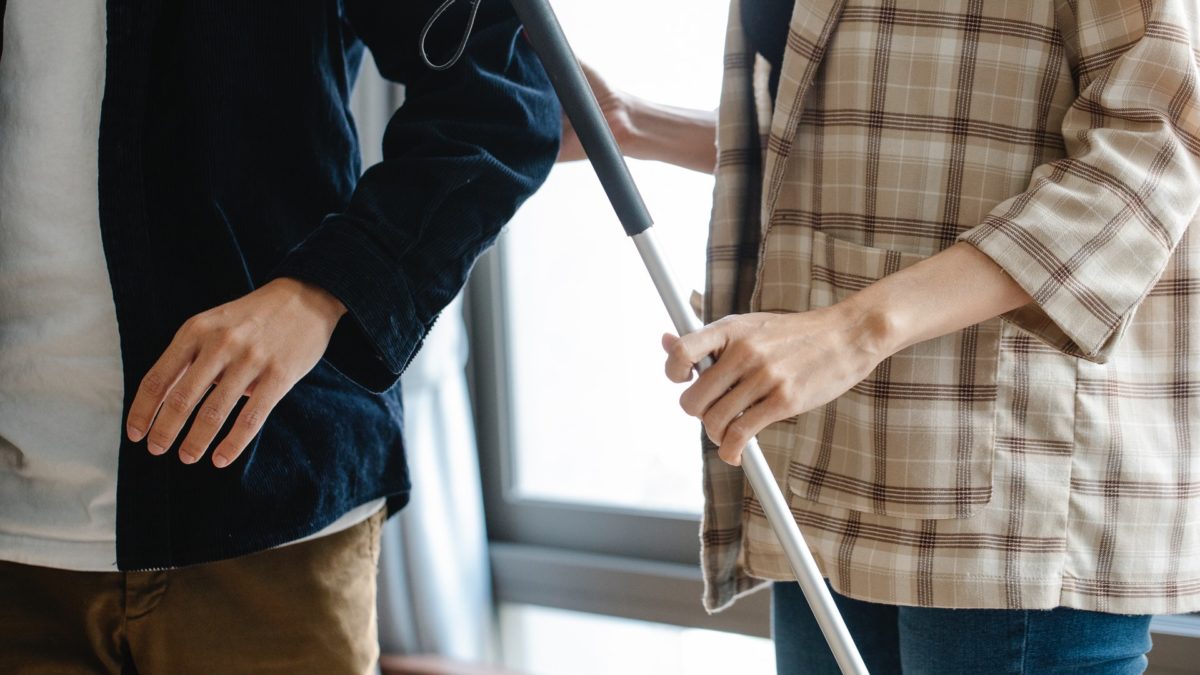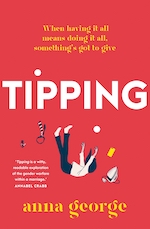Take a moment to consider these three questions:
- How many hours a week do you spend on domestic chores (such as shopping, cooking, cleaning, gardening)?
- How many hours a week do you spend caring for children and/or a sick, disabled or elderly spouse, parent or relative?
- How many hours a week do you spend in paid work?
Married women with dependent children doing the most unpaid work
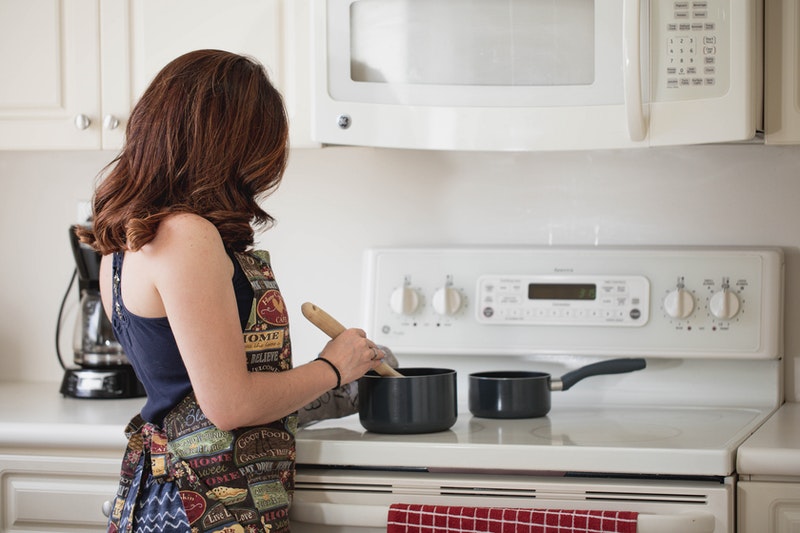
If we were all paid fairly for all that we do to maintain a household, women would be earning a fairly comfortable income. The sad reality however, is that we don’t often get paid (much less thanked) when it comes to performing errands such as paying bills, washing dishes, doing the laundry and even being a taxi driver for our children.
Pre-COVID-19, married women with dependent children were putting in an average of 26 hours more unpaid work each week than their male counterparts, according to The University of Melbourne and the Melbourne Institute’s Household, Income and Labour Dynamics in Australia (HILDA) survey. And this has nothing to do with mums staying home to look after the children.
Even when both parents work full time, mothers perform 16 per cent more housework and childcare than fathers. Sadly, even women whose husbands are stay-at-home dads get the raw end of the deal. While stay-at-home mothers pick up 73 per cent of housework and 70 per cent of care, stay-at-home dads only perform just 53 per cent of the housework and women are still doing half of the care.
COVID-19 has worsened a mother’s load
You would think COVID-19 and its associated lockdown and work-from-home restrictions would have improved a women’s load, considering men were potentially more available to help with housework. A survey last year by The University of Melbourne, conducted just after the peak of lockdown, showed women were still performing the larger share of unpaid work, even though both were doing more.
“I think that COVID has just exacerbated the gender stereotypes that we still see in society, where a woman’s time—whether in the home or at work—is valued less,” Lyndsay Freeman, who has a one-year-old and a three-year-old and works and studies full time for the Australian Army in Canberra, told ABC News. “It was expected more for me to take up more of the domestic duties, whereas maybe my husband’s time is seen as more valuable, so when he’s at work he’s only at work.”
Gender equality and the motherhood penalty
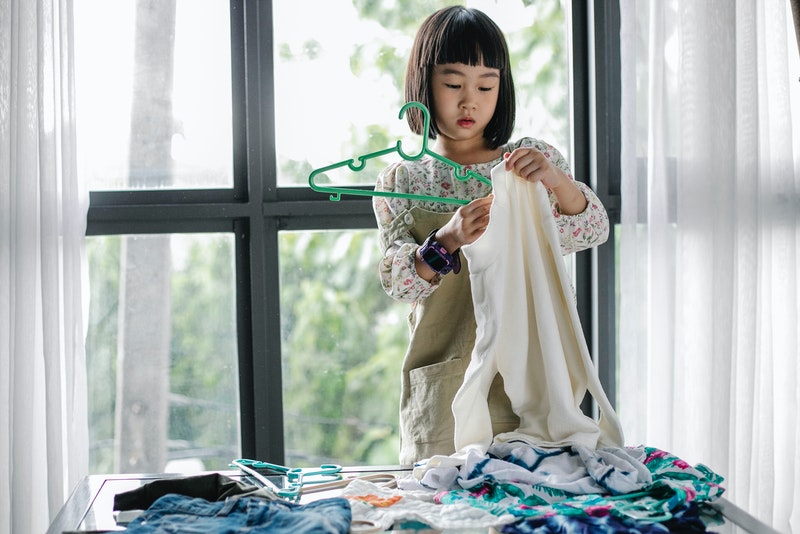
You would think that after more than 60 years of the feminist movement, we would have gained more ground, and while there are welcome changes, we’re still a long way from actual gender equality. None feel this more than a woman who has just had a baby.
Tipping is a new novel by Melbourne author and mum-of-two, Anna George. It tells the extremely familiar story of a mother who is trying to do it all and trying to keep it all together, in a world tipped against her. It’s a relatable tale depicting a woman’s mental load and just how unbalanced gender roles are. But it’s not just a timely story, it actually gives women hope.
“Change is possible. Gender equality is possible,” Anna says about the most important message of her book. “Sometimes it’s easy to be overwhelmed by how much needs to be done—at home and in the world. But if we take small steps forward, real change can be achieved. The important thing is that we take a step.”
Those steps are detailed in sometimes humorous outcomes in Tipping, but ultimately, it gives all of us something to think about: Are we unconsciously creating our own problems?
“My main character Liv is an overwhelmed mum of three school-age boys, who decides one Saturday morning that she’s had enough. She decides this largely for two reasons: Firstly, because her husband Duncan has inadvertently locked her in the family car, and, secondly, because one of her sons has been involved in a sexting scandal and neither he nor his school seem to grasp the seriousness of the situation nor how to genuinely respond to it,” Anna says.
“Now, I haven’t been locked in the car but I have had the feeling of ‘Enough’! After being locked in her car, Liv has ‘women’s vision’ and decides to shake up how she and her family function. She also calls out the school on its understanding of sexism and demands change. At home, she begins by writing a monster list of everything she does around the house and to keep her family afloat. I have done that.
“After that list, Liv delegates. And I did too. My husband is now the nightly cook and my sons have chores as well. Everyone helps. The balance still gets out of whack sometimes, but we talk about it and make adjustments.”
What you can do now to encourage change at home
Anna has done research into behavioural design—changing a person or a community’s behaviour through targeted interventions—and she weaves her findings beautifully into Tipping, to show how we can achieve gender equality. And her approach is achievable, regardless of our backgrounds.
There are two protagonists in Tipping, one a high-achieving lawyer mum and the other an “ordinary” mum determined to love and protect her daughter. But as Anna says, it’s not about qualifications or social status, change happens from an internal drive, and nothing drives mums more than a desire to make the world a better place for their children.
“Both of these characters come to be energised by the process of pursuing change and fairness for their children. They are very different types of women, one raising boys, the other raising a girl, but they both want the best for their children and the community they are in. They both make small changes in their lives, which lead on to bigger things,” says Anna.
Here are some suggestions Anna has:
- We can move towards gender equality by starting at home. If the balance is out in your home, have the conversation, make a small tweak.
- Women who have some influence over the environments in their workplaces would do well to make some smart tweaks to advance the cause of women. For example, you can decorate your workspace (or home-space) with images of strong or leading women. Studies have shown just imagining a strong woman or glimpsing a screensaver of a female leader led to women feeling more confident, and led to women about to speak in public delivering longer and more successful talks (in their own evaluation and in the evaluation of others). Role models who you can see are hugely important. Essentially, tiny subtle cues in an environment can make women feel more confident, accepted and capable, and can change behaviour.
- If you’re a teacher, you could make sure that the science labs are not decorated with Star Wars and Star Trek posters or images of all male scientists, but rather posters of nature or other gender neutral images. Or male and female scientists! This redecorating helps!
- If you have daughters, what they see in their built environment will affect them. If you have sons, posting pictures of female leaders or scientists could normalise to them the reality that women can be leaders/scientists/mathematicians/surgeons etc. too.
- We need to consciously balance the numbers of men and women our children learn about—in art, science, maths, literature, history. We need to do this to counteract the portrayal of women in society as primarily valuable thanks to their looks and youth.
“The excellent news is that there are many things that we can do. We don’t need to de-bias every mind,” says Anna. “We just need to use the available information and take action, and behaviour can be changed!”
What to tell our children
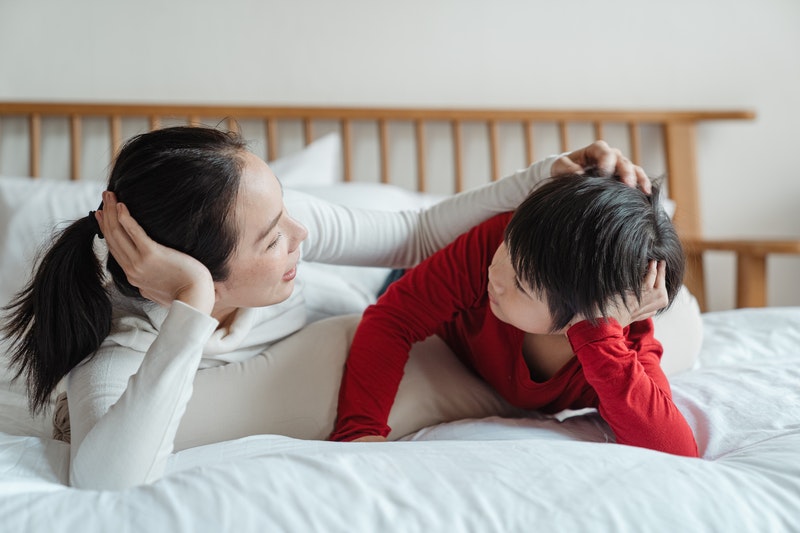
Gender equality may not be fully achieved in our generation, but how we raise our children and what we tell them can make a difference towards how soon it happens. Anna encourages us to say this to them.
For our daughters
The world is not the way it looks at school, with equal numbers of male school captains and female school captains, but don’t be deterred. You can do something about that: Be brave and determined and don’t let anyone tell you that you can’t do something. Get informed about what can be done. See the world through critical eyes and assert yourself in it. Take up space. Demand better and fairer. Accept boys as your equals in all walks of life; and be kind—to everyone, including yourself!
For our sons
Treat other people how you want to be treated and use your words to express how you feel, what you want and what you need. It’s okay to be vulnerable, to be lonely and sad. Find the words to describe your feelings and articulate them. See the world through critical eyes and identify what you can do to make it fairer and a place where everyone is treated well. Call out bad form. Accept girls as your equals in all walks of life; and be kind—to everyone, including yourself!
Tipping (Viking), by Anna George, is out now.
How helpful was this article?
Click on a star to rate it!
3 / 5. 2
Be the first to rate this post!
Melody Tan
Related posts
Subscribe
Receive personalised articles from experts and wellness inspiration weekly!

